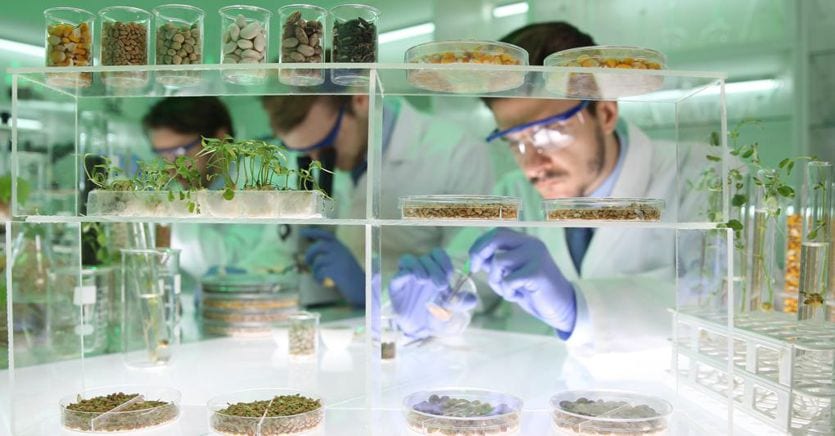European legislation on GMOs is not keeping pace with technological progress and must be updated, also in the light of the Green Deal. This was stated by the European Commission, which published a study on new genome modification techniques, the so-called genome editing, also at the heart of the latest Nobel Prize in Chemistry. “The study concludes that new genomic techniques can promote the sustainability of agricultural production, in line with the objectives of our Farm to Fork strategy,” said EU Health Commissioner Stella Kyriakides. Now, the Commission will launch a debate that will lead to a new legal framework for biotechnologies, both agricultural and medical.
In 2018, a ruling by the EU Court of Justice had interpreted the 2001 directive as meaning that all new techniques subsequent to that date had to follow the same rules for the authorization and marketing of GMOs. Since then, no research has even been done on genome editing in Europe. Yet, intervening on the genetic heritage of a plant without introducing external genes – as in the case of GMOs – but simply by turning off one or more genes already present, today constitutes one of the most promising techniques to make a given species resistant to pathogens and, consequently , reduce or even eliminate the use of pesticides altogether. For this reason, any recognition of agri-food biotech becomes important if the goal of reducing pesticides in agriculture is to be achieved, as envisaged by the Farm to Fork strategy.
Loading…
The agricultural world made in Italy fully applauds this political change of the European Commission. According to the MEP Paolo De Castro, the products made with the new biotech “have nothing to do with traditional GMOs and, on the contrary, can contribute in a safe and effective way to an increasingly sustainable agricultural production”. Coldiretti, historically opposed to GMOs, opens up the opportunities of the “new rules for green genetics”. Confagricoltura sees an opportunity “to combine efficiency and sustainability”. For Italian Cia-Agricoltori, the new techniques ensure «the continuity of the characteristics of our products», while for Copagri «updating the current legislation on the subject is a deeply felt need by the world of agriculture and research».
The European federation of the organic sector Ifoam and other organizations such as Slow Food think the opposite. The new biotechnologies “are just GMOs with another name and as such they must be treated by the rules”, comments Greenpeace Europe, which asks the Commission and national governments to apply the ruling of the European Court of Justice of 2018. The European Greens agree . “We do not need a new law – reads a note – strict rules must continue to apply to all types of genetic engineering”.
